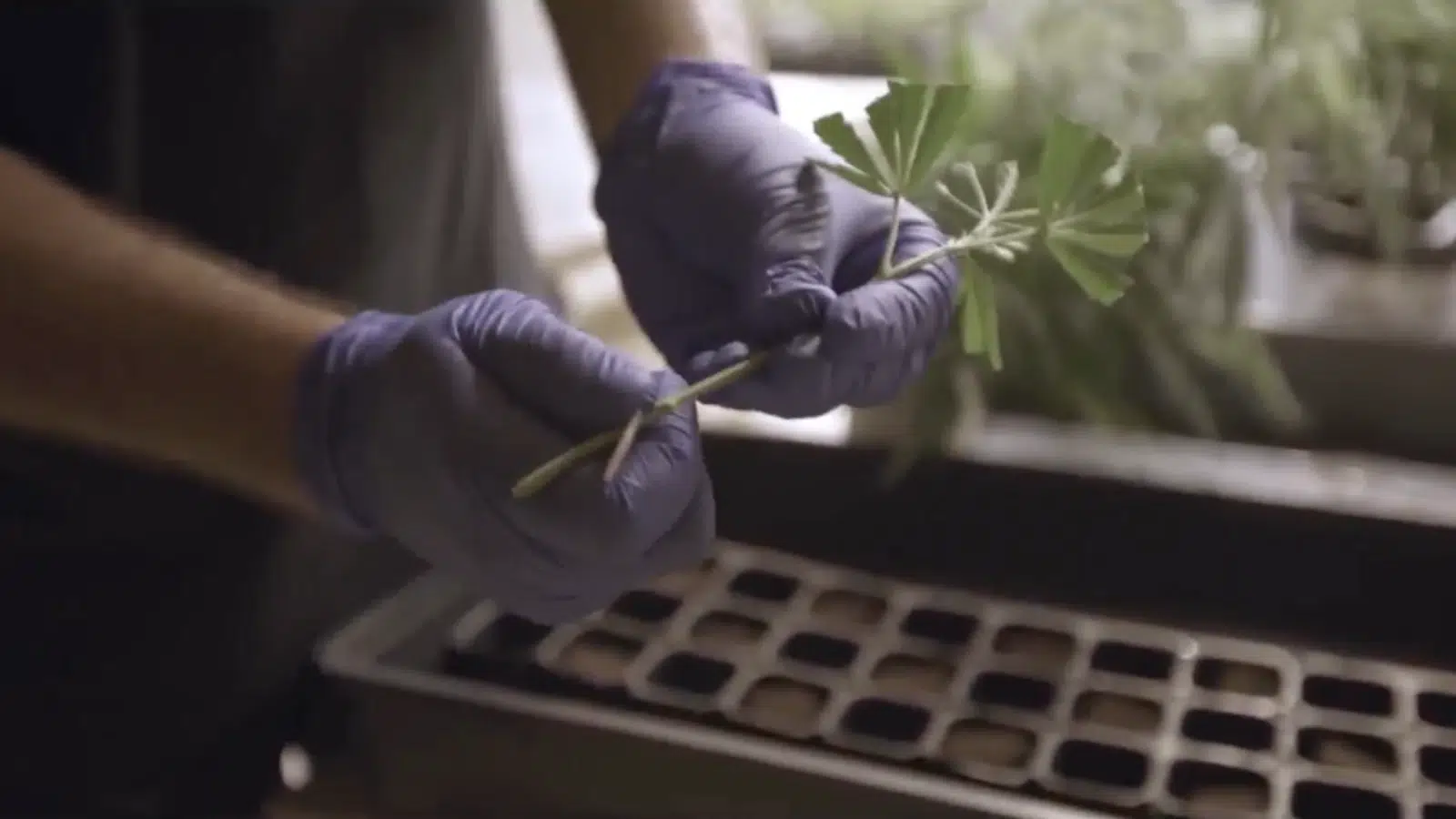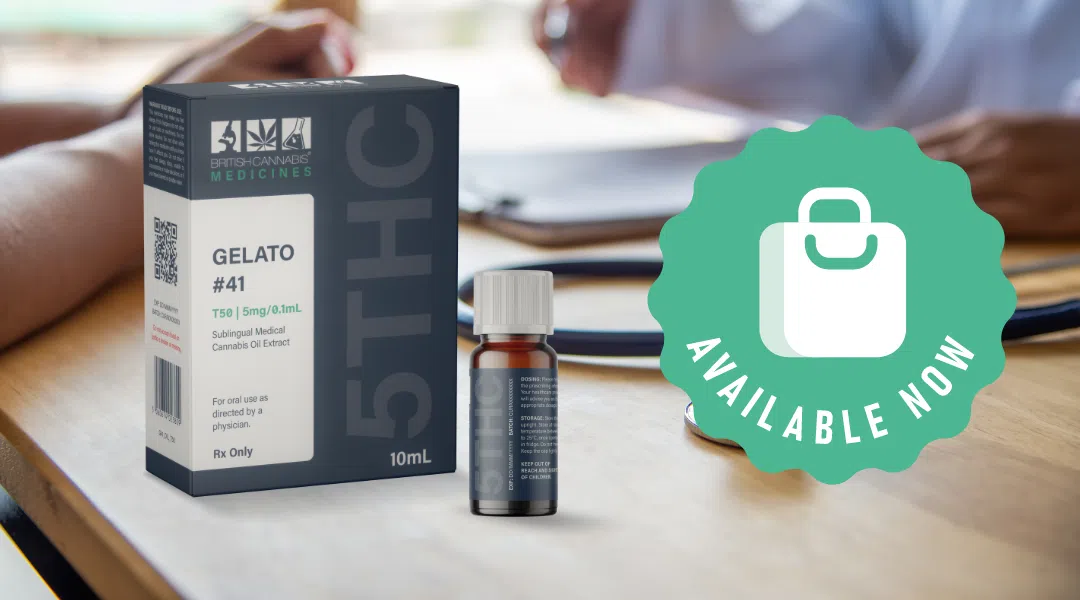
Cannabis Patient Arrested During a Driving Lesson Sounds The Alarm
In a shocking turn of events, a learner driver was apprehended during his driving lesson over a prescription of legal cannabis for chronic pain. This controversial incident spotlights the growing concerns over the legalities of cannabis use and causes a stir in the cannabis community.
Nathan Williams, a 25-year-old resident of Newton, was halted during a driving lesson back in February. He was legally prescribed cannabis from 2020 to manage chronic pain. However, after refusing to take a roadside saliva test and presenting his legally-approved prescription to the police officers, Williams was met with indifference and scepticism, an action he perceives as discrimination.
Upon escorting him to the local police station, the officers insisted on a blood test, which he declined in accordance with counsel he had previously received. Under the Road Traffic Act (RTA) Section 5A, drivers can be demanded to undergo THC swab tests. Yet studies have indicated the tests are unreliable as THC can remain detectable in the blood for a month after consumption.
The situation drove Williams to plead guilty to failing to provide a specimen under the RTA, which put his license in jeopardy. “It was horrible, I could have lost my license before even passing my test. I tried to bring up my prescription, but all my attempts were ignored,” Williams confided.
Major Takeaways from the Incident
- Cannabis patients are often subjected to discrimination, even when their consumption is legalized.
- Roadside THC tests are inconsistent and can often misrepresent driver’s impairment.
- The RTA is being questioned for its provisions that don’t consider patients with acceptable cannabis prescriptions.
- Williams’ case highlights the need for the police to be better informed about legal cannabis prescriptions.
In the aftermath, Williams connected with Guy Coxall, a prominent advocate and founder of the Seed Our Future (SOF) group that has tirelessly called for reforming the RTA. Interestingly, SOF believes that cannabis patients who confirm evidence of a prescription could avoid completing a swab test.
With Coxall’s help and complete support, Williams decided to retract his guilty plea and move forward with a trial. Expectedly, the charge was dismissed once the prosecution didn’t present any evidence in the trial on 4 September. Although the case was dismissed on a technicality, it brings immense possibilities for prescription-based defence in similar situations in the future.
The alarming increase in THC-related driving arrests, up by over 72% from 2016/17 to 2020/21, has prompted numerous calls for reforming the current ‘discriminatory’ driving laws. Certainly, with more balanced medical cannabis and driving regulations, focusing on actual impairment instead of zero tolerance, the stigma surrounding cannabis can be reduced.
What BRITISH CANNABIS Has to Say
While Nathan Williams’ case illuminates the cracks in our legal system, it is a key reminder of the importance of making legal, prescribed cannabis use acceptable and visible. There’s a pressing need for updating our laws, improving enforcement training, and focusing on actual impairment rather than fixed ratios. Equitable laws should treat cannabis like any other prescribed medication, accepting its crucial role in patients’ wellbeing.
Cannabis patients should not be stigmatised or penalised. Let’s work towards a future where patients can live in peace without the fear of unforeseen repercussions. It’s time for a change, and Nathan Williams’ case is an urgent call to action for us all.





